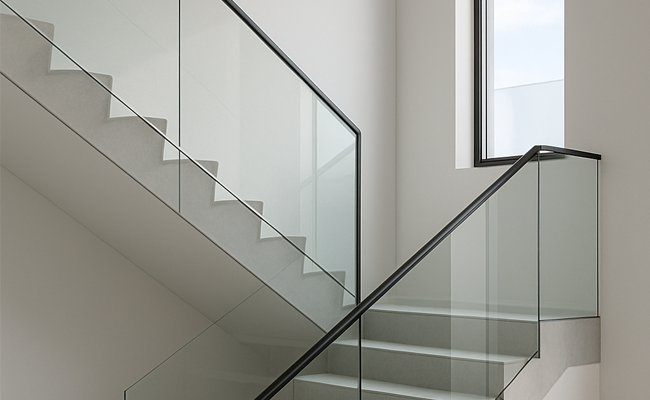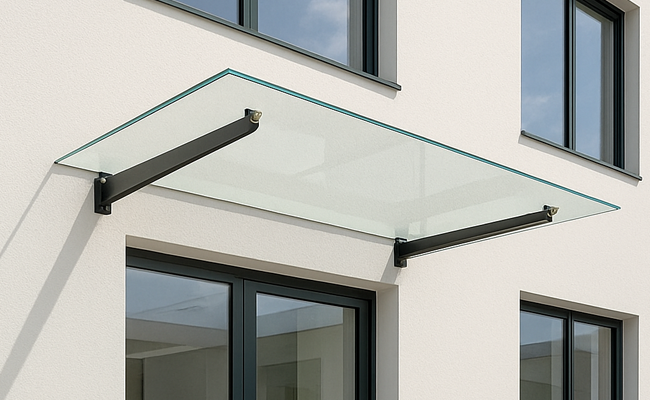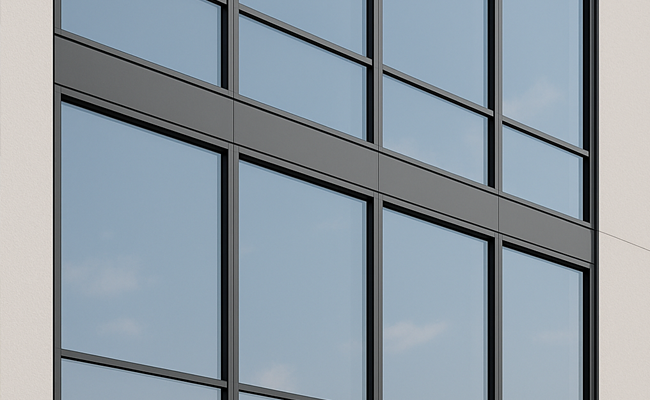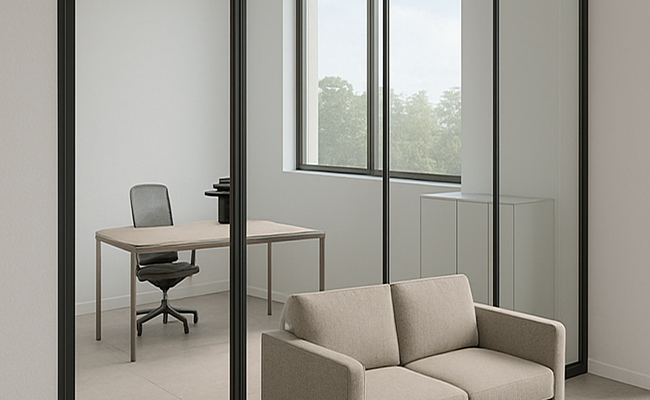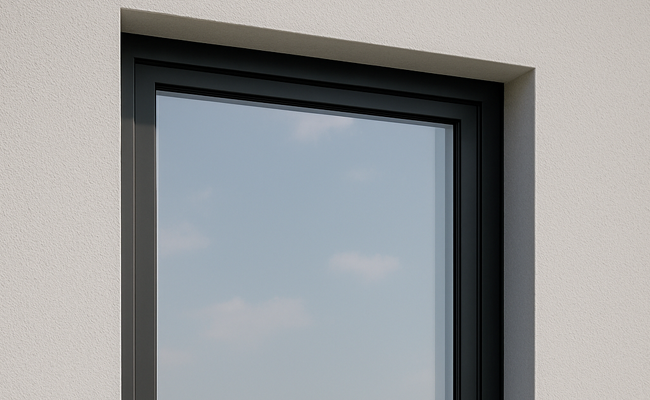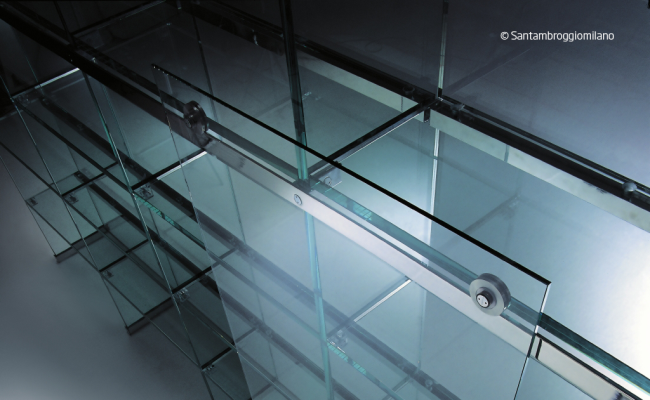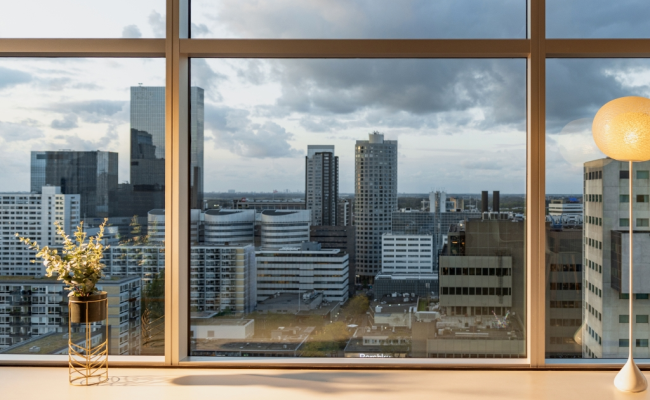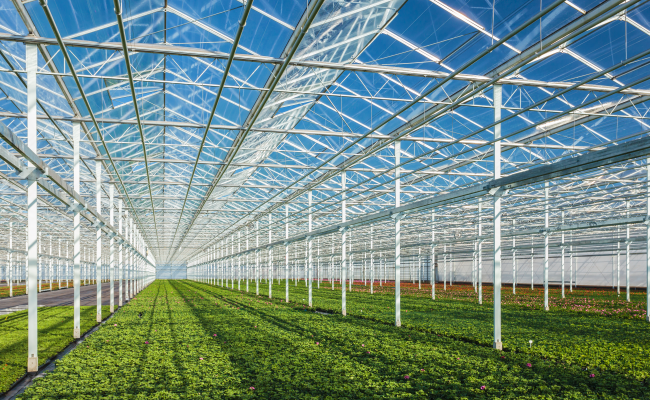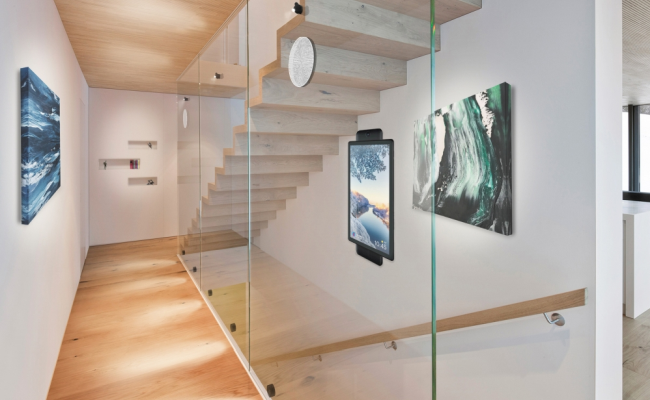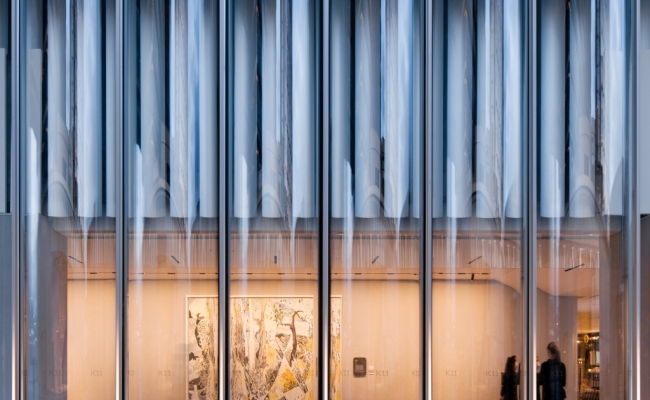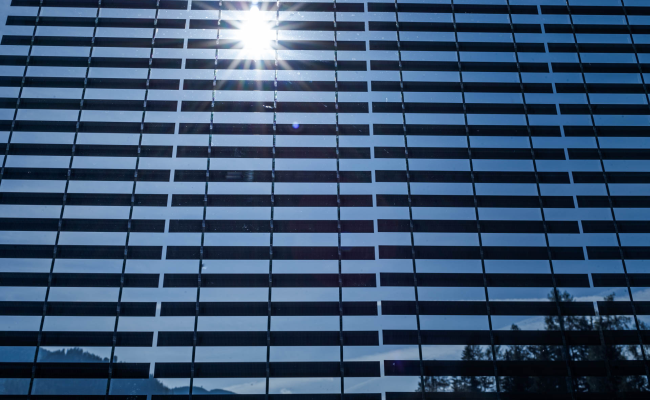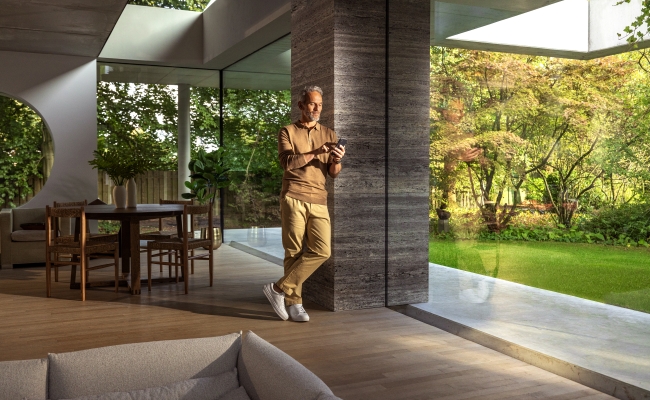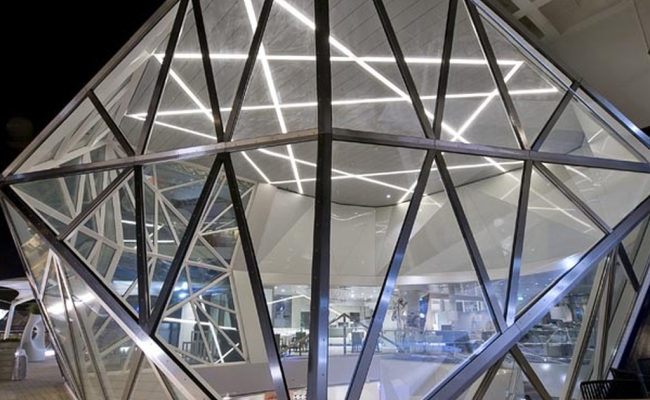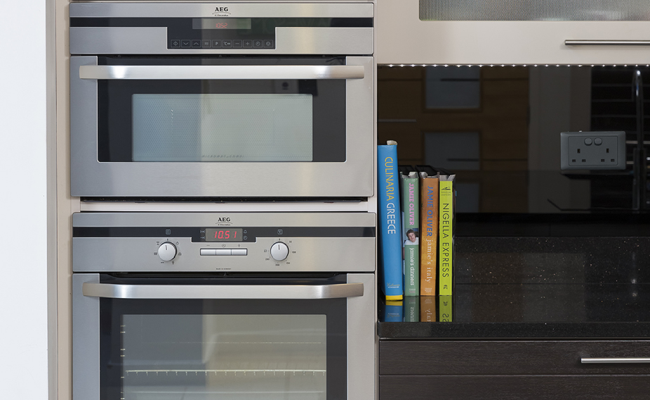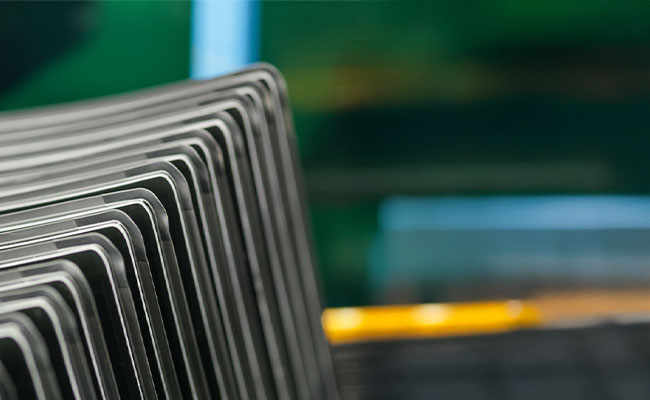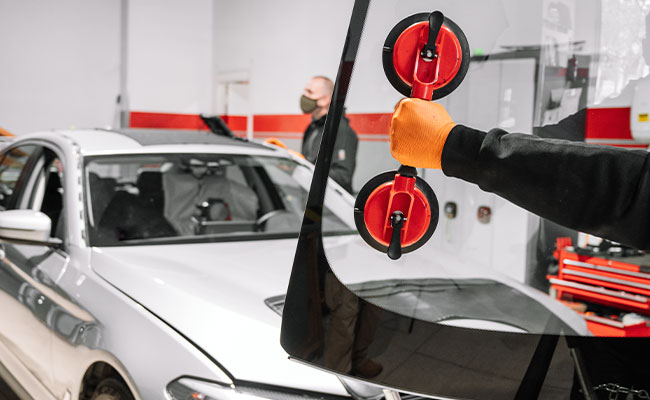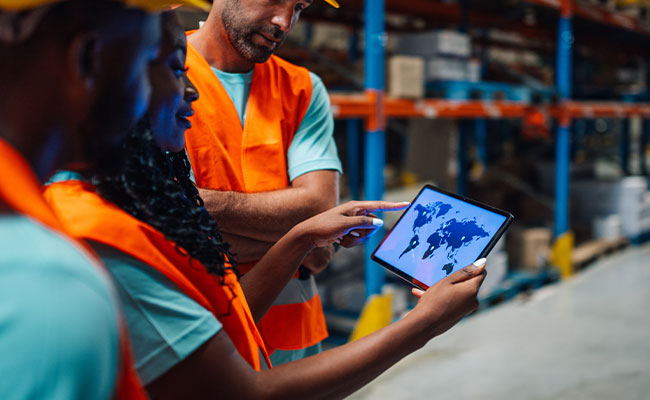UK Architectural team supports sustainability of horticultural sector through 200 tonne greenhouse recycling project, saving over 50 tonnes of CO₂
Pilkington UK Architectural team recently completed a greenhouse cullet recovery project at the Watson Street site, showcasing a bright future for more sustainable glass production through recycling opportunities in the horticultural sector.
Recently shortlisted for the ‘Fresh Awards’ which celebrates the best in fresh produce and related sectors, the Pilkington Botanical team have worked closely with growers and greenhouse project companies to understand specific requirements that exist in this sector.
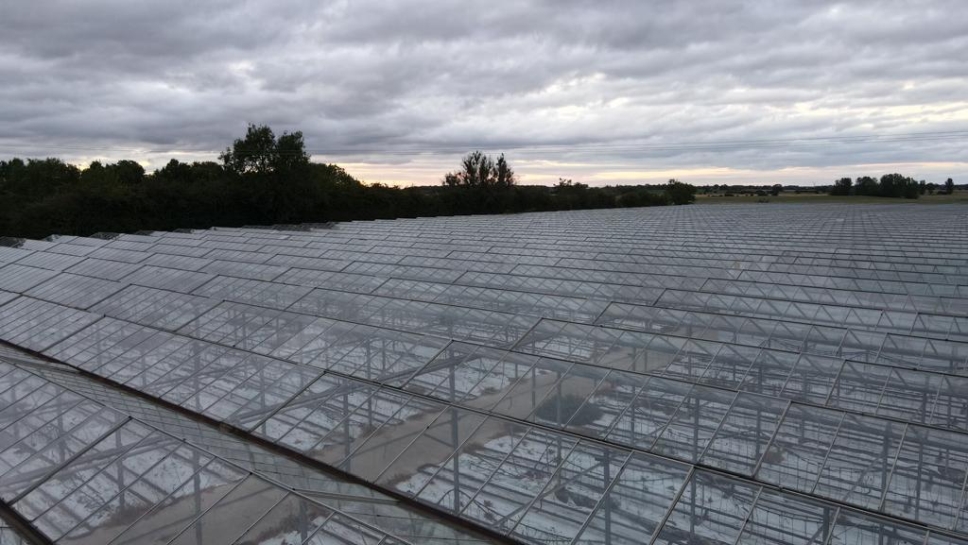
This initiative, led by the R&D Incubator, involved close collaboration with greenhouse project company CambridgeHOK to grow our understanding of the value chain for glass in the UK greenhouse market. This led to an introduction to another company also focused on sustainability who were keen to see their old greenhouse structure, previously used to grow tomatoes and cucumbers, be recycled to accommodate a newer structure.
Pilkington UK Architectural team shortlisted for 'Fresh Awards' 2023
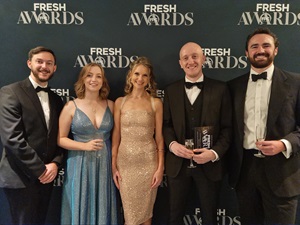 The greenhouse owner and company director commented: “We are a site that’s focusing on renewables, solar is our main source of power, we are also capturing the rainwater conditioning it and reusing throughout the growing process.
The greenhouse owner and company director commented: “We are a site that’s focusing on renewables, solar is our main source of power, we are also capturing the rainwater conditioning it and reusing throughout the growing process.
Currently our mission is to replace our existing glass with new energy efficient panes. But whilst we are busy with the new it’s great to learn our old glass house is being transformed into something great. This is where Pilkington UK has far exceeded our expectation. Their numerous applications including solar glass made us believe that this was the right home for our waste glass.”
Glass that might otherwise be sent to landfill could now be remelted and turned into the next generation of greenhouse glass.
This single project alone meant that 10,000 m2, which is approximately 200 tonnes of glass, could be recycled into new glass products at our Watson Street Works in St Helens. This equated to a saving of over 50 tonnes of CO₂.
The greenhouse owner continued: “Our 40 year old glass is far from the end of its life and it’s great to know Pilkington UK will be able to give it a new lease of life.”
Focused on the future of greenhouse farming
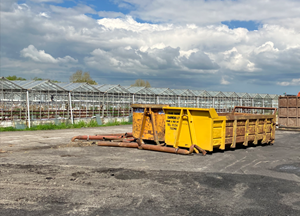 Greenhouse farming has revolutionised how crops can be grown; reducing water consumption, decreasing valuable, fertile land usage, and increasing the variety of crops that can be grown locally.
Greenhouse farming has revolutionised how crops can be grown; reducing water consumption, decreasing valuable, fertile land usage, and increasing the variety of crops that can be grown locally.
Pilkington Botanical is a range of glass products with a focus on improving crop yields and making greenhouse farming more sustainable. Our focus on sustainably is driving forward products that reduce energy consumption and support the move to the reducing environmental impact of indoor farming. This approach applies to both our product range and the way in which we manufacture our products.
The world population is expected to grow by 2.3 billion between 2009 and 2050. To feed a world population of 9.1 billion in 2050, global food production will need to increase by 70%. It is anticipated that 90% of this increase in production will have to come from intensification of our current crop yield and optimisation of how we grow crops. Greenhouses in the UK cover an area of 30,000,000 m2; with an estimated 9% increase to the indoor farming market by 2027. New and more efficient glass houses will be needed to cope with this growing food demand.
Anna Colley, Lead Technologist at NSG said: “Glass is an amazingly sustainable material, as it can be continually re-melted and recycled into new products without reducing quality. Sadly, much of this glass ends up in landfill. Pilkington Botanical envisage a future where greenhouses that have come to end of their useful life are taken down, collected and remelted into the next generation of higher performance greenhouse glass.”
Products designed to improve crop yield such as Pilkington HortiHaze™; a light scattering greenhouse glass which is only produced at Watson Street in the UK and light enhancing glass such as Pilkington HortiGrow™ both designed to improve crop yield will have significantly less embodied carbon when they are produced using more recycled materials.
Pioneering lower carbon ways to manufacture glass
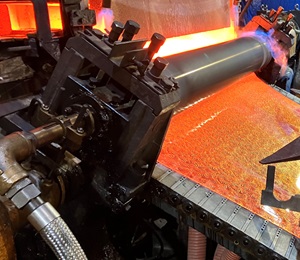 Pilkington UK, which marks 70 years since work began on the modern float glass manufacturing process used today around the world, continues to pioneer the future of the glass industry.
Pilkington UK, which marks 70 years since work began on the modern float glass manufacturing process used today around the world, continues to pioneer the future of the glass industry.
Glass production is a very carbon intensive process with temperatures up to 1600°C being required to melt the raw materials. Pilkington UK is focused on identifying as many routes as possible to reduce its carbon footprint.
Last year, Pilkington UK completed the world’s first trial of sustainable biofuel made from organic waste materials. The glass produced had an approximately 40% lower total embodied CO₂/tonne of glass melted vs standard glass produced on the float glass furnace using traditional natural gas.
The biofuel trial created 165,000 m2 of the lowest carbon float glass ever made and was launched last year as Pilkington Mirai™.
It follows Pilkington UK becoming the world’s first glass manufacturer to fire its glass furnace with hydrogen.
The glass manufacturer continues to work with world-leading leading universities, industry research groups, and sustainable energy and solutions providers to lead the way in sustainable glass manufacturing meaning the greenhouses of the future are made of products with lowest embodied CO₂ possible.
The future of glass recycling
Recycling of old glass is another route to more sustainable glass products. By using recycled greenhouse glass, we not only reduce the use of new virgin materials including sand, sodium carbonate, calcium oxide etc. that make up glass, but we also decrease the melting temperature; reducing the amount of fuel needed. Together these two factors significantly reduce glass’s environmental impact and CO₂ emissions.
John Armstrong, Logistics, Warehouse & Quality Systems Manager, said: “The project has not been without its challenges and has proved very useful learning. Typically, the float and rolled glass processes, which produce most of the worlds flat glass, run continually for 10-15 years. Careful monitoring is therefore required of any materials entering the furnace and small amounts of contaminants can have potentiality catastrophic implications on glass production.
Issues with non-glass products attached to the glass panes and other debris collected from the site were dealt with by working closely with the greenhouse owner to change equipment and monitor the glass removal and collection more carefully. Working together ensured a much smoother and more successful project which will benchmark future opportunities. It will also help identify improvements needed in equipment that would make glass recycling more viable on a larger scale when remelting big volumes of cullet becomes an ever more important part of glass production.”
Despite this being a single project, it will help lead the way in which old greenhouse glass in managed. This glass from this single greenhouse alone saved 50 tonnes of CO₂ from being emitted, the equivalent to taking about 10 petrol cars off the road for a year.
For more information about the Pilkington Botanical team or its greenhouse projects, please send email.
